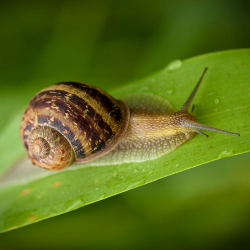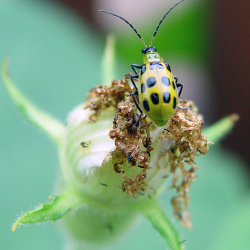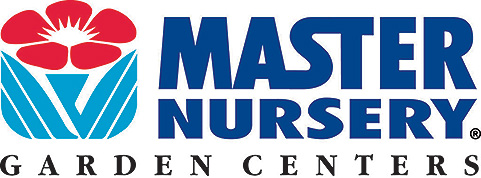What’s all this talk about “IPM?” It seems to be creeping into our gardening vocabulary more frequently. Have you wondered about it?
IPM is the abbreviation for Integrated Pest Management. Now are you wondering what THAT means?
According to the U.S. Environmental Protection Agency, IPM is “the coordinated use of pest and environmental information with available pest control methods to prevent unacceptable levels of pest damage by the most economical means and with the least possible hazard to people, property and the environment.”
This means IPM is a common sense approach to dealing with pests of any sort. In an attempt to reduce the amount of chemicals used by farmers, growers and gardeners, it does not dictate specific controls but instead creates a way of evaluating the situation and determining the most environmentally safe or ecological solution.
Four simple steps comprise the program:
- Set Action Threshold
Before choosing an action, determine if there really is a problem. For example, if there is only one tomato hornworm, pick it off the plant to avoid using chemicals. - Monitor and Identify Pests
Accurate identification of “pests” will determine the need for chemicals. Many beetles, bugs and weeds do not require chemical use because many do not cause problems. Actually, many beetles are “good guys.” - Prevention
In an IPM program, implement other controls before chemicals. Changing the time of watering, planting vegetables in different spots each year, and choosing appropriate plant varieties are examples of preventative actions. These do not require extensive changes or financial input. - Control
If action is required after steps 1-3, evaluate the various forms of control to determine the least risky. Using pheromones to interrupt the mating cycle, weeding or trapping, may be effective and have no bad effects. Specifically targeted chemicals affecting specific pests would be the next to the last resort. The goal is to avoid broadcast spraying of non-specific chemicals.
Are you wondering where you can learn more about this? If you have questions or want to begin an IPM program, we can help you. We’re all in this together. By working cooperatively, we can help clean up the world for current and future generations.



